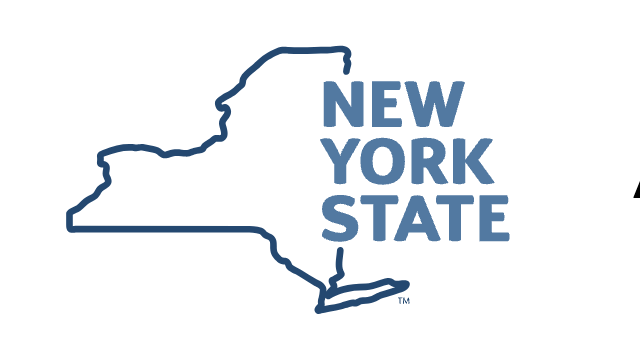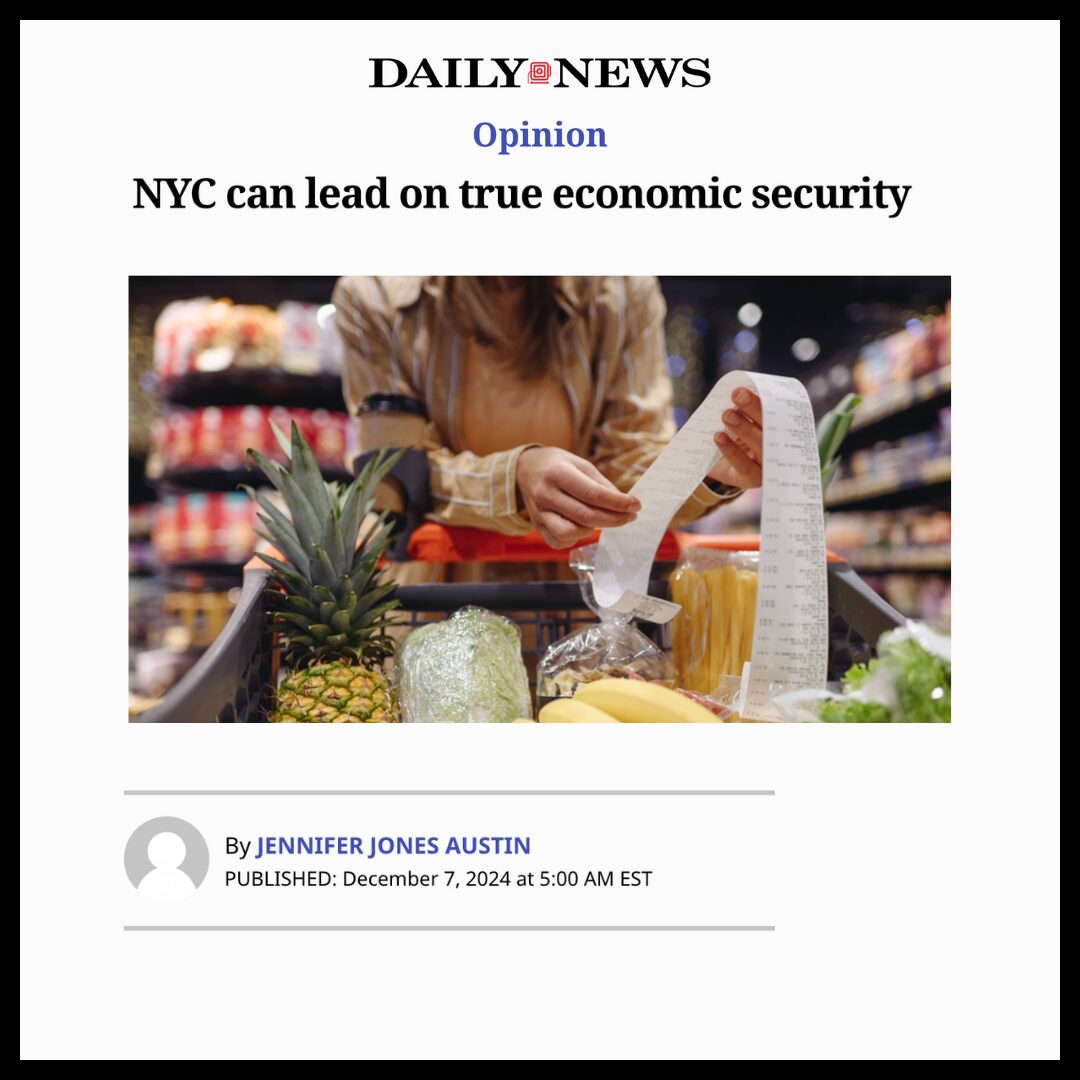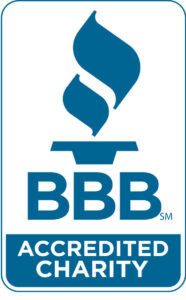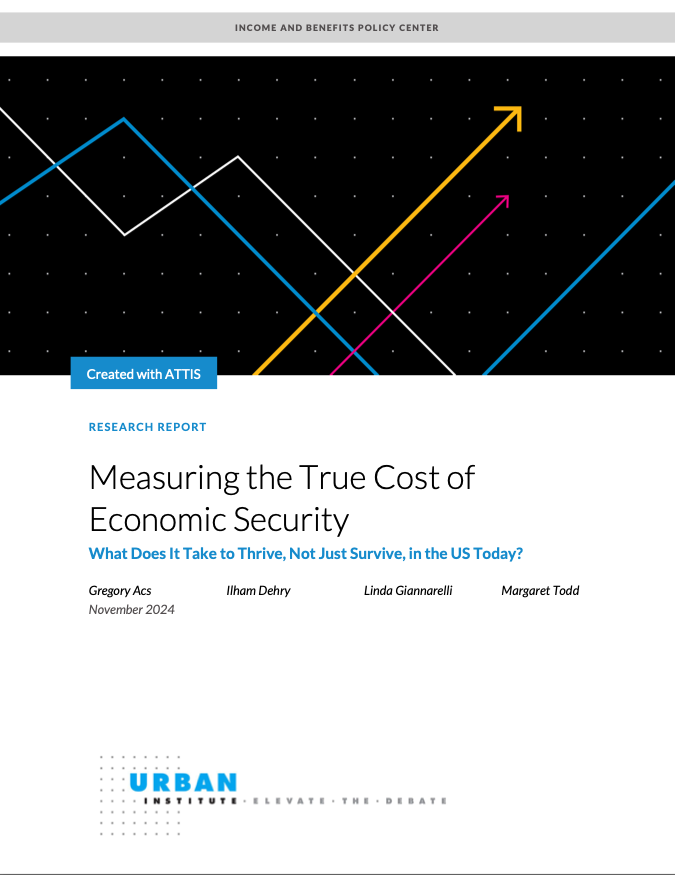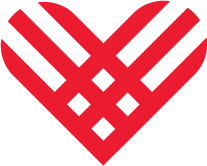Last week Mayor de Blasio and the New York City Council reached a budget agreement for FY 19, and the Council formally adopted it on June 14, 2018. The City’s FY 19 $89.15 billion budget includes funding for initiatives championed by FPWA and its coalition partners to promote upward mobility and economic equity, and to address some of the critical needs of low income New Yorkers. One such initiative is the inclusion of $106 million for Fair Fares, which will provide discounted Metrocards for several hundred thousand poor and low-income New Yorkers.
With the leadership of Councilmembers Mark Levine and Carlina Rivera, Access Health NYC received an additional $1.31 million in funding for a total investment of $2.5 million. Due to the continuing threats to health care at the federal level, Access Health NYC is more critical than ever in helping New Yorkers navigate the healthcare landscape. In FY 19, this additional funding will further support the work of the five lead agencies to fund, train, monitor/evaluate, and provide technical assistance to address unmet demand for services.
The City is not only continuing but increasing its investments in the Day Laborer Workforce Initiative and the Worker Cooperative Business Development Initiative, two programs that support low-income communities in achieving economic advancement and security. Thanks to the strong support of Councilmember Carlos Menchaca, the Day Laborer Workforce Initiative received a $1.97 million investment that will go towards the creation of new centers in the Bronx and Queens, and the upgrade of centers in Brooklyn and Staten Island. Over the first three years of the initiative, nearly 2,000 jobs have been dispatched through the day labor centers and over 3,000 workers have been trained on their legal rights, wage theft, worker safety, and occupational skills. The investment in expanding the centers to all five boroughs is a strong statement in support of the city’s immigrant workforce.
Councilmember Helen Rosenthal led efforts to enhance funding for the Worker Cooperative Business Development Initiative at $3.5 million. This enhancement will allow the Worker Cooperative Coalition to scale its impact considerably by continuing to add new worker cooperatives, create jobs, assist existing cooperatives, provide outreach to more cooperative entrepreneurs, and increase the resiliency and expansion of worker cooperatives in the city.
As New York declares itself a sanctuary in response to a climate of xenophobic rhetoric and action from the federal government, we must ensure that this city of immigrants remains a safe haven for all of our residents.
FPWA envisions New York City as a place where we can all age safely in our homes. To do so, many of us will eventually rely on a network of community-based services such as senior centers, transportation, home-delivered meals, homecare, and respite for our caregivers. In FY 18, the City baselined an additional $23 million in funding for the Department for the Aging. In FY 19, through our Campaign for Successful Aging we sought an additional $22.1 million to continue this investment in core DFTA services. We’re grateful to Councilmember Margaret Chin for her unwavering advocacy efforts that secured one-time funding from the administration totaling $9.39 million, which includes $2.84 million for home delivered meals, among other services we highlighted this year. However, we are disappointed that no new funding was baselined for DFTA’s core services, which would’ve moved the city closer toward fully funding the growing need for these services, as outlined in the five-year plan created in FY 18.
The Human Services sector is critical to providing support to low income communities. The budget includes the following key supports:
- $10.3 million for the Summer Youth Employment Program;
- $14.2 million to maintain and stabilize the Comprehensive After School System (COMPASS) program;
- $15 million for Summer SONYC programs for camps for middle-school children
- $19 million for the Work, Learn, Grow Jobs program
- $12 million for Adult Literacy programs with $9 million of it being baselined
- $3 million for 60 new shelter beds for youth/young adults between the ages of 21 to 24 to address the needs of youth experiencing homelessness
However, as part of the Human Services Advancement Group, FPWA has called for increased funding in the areas of indirect expenses, fringe benefits, insurance, and occupancy costs—areas that are critical to the fiscal, administrative, and operational integrity of the sector. As representatives of the human services sector, we are disappointed that the final budget does not contain the urgently needed investments that we identified as crucial and that were also supported in the City Council Budget Response. While we appreciate the progress made by the Nonprofit Resiliency Committee in tackling administrative issues in the contracting relationship between nonprofits and the City, more must be done to immediately fix the lags in contract registration, amendments, and payment.
We thank the Mayor and the City Council for their commitment to improving opportunities for upward mobility and equal access to services in New York City, and look forward to working with the City to grow these vital initiatives.
| FPWA INITIATIVES | FY 18 ADOPTED BUDGET | FPWA FY19 PROPOSED FUNDING | FY 19 ADOPTED BUDGET |
| Worker Cooperative Business Development Initiative– Enhanced funding for the creation and support of new worker cooperatives (worker owned and democratically operated businesses) and creates hundreds of jobs with living wages and improved working conditions. | $3.048 million | $3.95 million | $3.5 million |
| Access Health NYC– Enhanced funding for culturally and linguistically competent outreach around health insurance coverage to populations who are uninsured and have barriers to accessing health care. | $1.19 million | $2.5 million | $2.5 million |
| Day Laborer Workforce Initiative– Enhanced funding for services provided by day laborer centers, which provide job referrals, workforce development, Know Your Rights trainings, and protection against wage theft. | $1.5 million | $2.63 million | $1.97 million |
| OTHER BUDGET PRIORITIES | FY 19 ADOPTED BUDGET | ||
| Campaign for Successful Aging seeks to make older adults a part of the city’s overall vision for equal opportunity and shared prosperity, beginning by addressing the chronic underfunding of aging services provided through the Department for the Aging (DFTA). In FY 19 FPWA and our coalition partners asked for the City to invest $22.1 million in funding for DFTA core services which included $12.1 million to increase reimbursement rates for congregate and home delivered meals, $5 million for improvements to DFTA-run NYCHA senior centers, $3 million to address case management and homecare waiting lists, $1 million for increased transportation support, $500,000 to increase awareness and prevention of elder abuse, and $500,000 to continue outreach and expand services for caregiver support. We also asked the City to expedite the implementation of the second round of $10 million for the model budget
|
$9.39 million in additional funding:
|
||
| Fair Fares provides funding for a fare program for half-price MetroCards for all New Yorkers living at or below the federal poverty level and for all veterans who are currently enrolled in New York City colleges. FPWA was a member of the Fair Fares campaign and supported the City Council proposal for $212 million in the Fiscal 2019 Executive Budget to fund this initiative. Access to public transit is an economic necessity for all New Yorkers, and for low-income and working people transit costs are often a financial hardship. This new benefit will impact an estimated 800,000 individuals and families living below the federal poverty level who could save up to $700 per recipient/year. |
|
||

